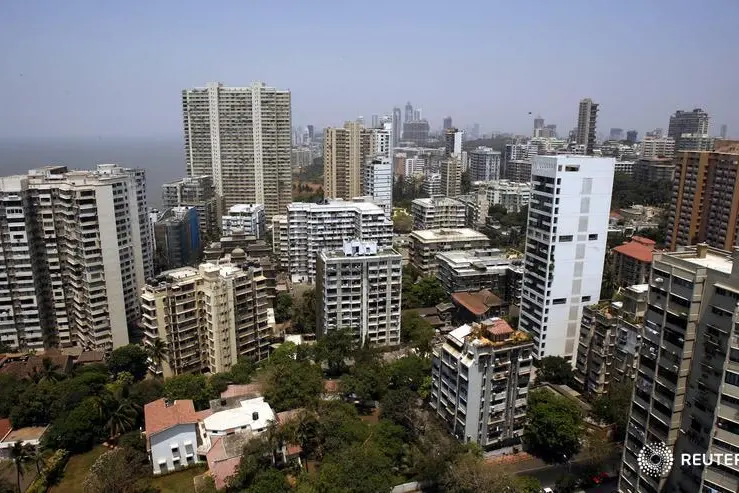PHOTO
The latest edition of the World Bank's Migration and Development Brief finds that India has retained its top spot in remittances in 2018 with its diaspora sending $79 billion back to the country. India was followed by China ($67 billion), Mexico ($36 billion), the Philippines ($34 billion) and Egypt ($29 billion). In 2016, India received $62.7 billion in remittances, and in 2017, it was $65.3 billion.
Dilip Ratha, the lead author of the report, said: "Remittances are on track to become the largest source of external financing in developing countries. The high costs of money transfers reduce the benefits of migration. Renegotiating exclusive partnerships and letting new players operate through national post offices, banks, and telecommunications companies will increase competition and lower remittance prices."
Exchange houses in the UAE handle the biggest share of remittance transactions. We feature Federal Bank that has maximum remittance tie-ups with exchange houses in the Gulf countries.
Besides, the Indian real estate sector is witnessing a gradual resurgence after the implementation of key policy reforms. The unified tax environment under GST provides certainty and comfort to investors.
Shajai Jacob, CEO - GCC, ANAROCK Property Consultants shares his expertise: "Like other Indians, NRIs are eligible for housing loans in India. As per current regulations, the loan amount cannot be credited directly into an NRIs bank account and must be disbursed to either the sellers' or the developers' account."
Jacob adds: "Repayment of these loans is generally done through the NRO, NRE and FCNR accounts or from other financial accounts permitted by RBI. In terms of loan disbursements, NRIs need to contribute at least 20 per cent of the property value from their own sources. The remaining amount is sanctioned or funded by the financial institution, subject to the NRI's Gross Monthly Income (GMI). For loan sanctioning, preference is given to qualifications, work experience and duration of stay overseas.
"The loan process and benefits remain the same as for resident Indians. However, the documents that an NRI must submit differ from Indian residents. NRIs must meet certain eligibility criteria and also issue a Power of Attorney (PoA) - a key document required during NRI home loan processing."
LIC Housing Finance Limited offers NRI home loans in the form of Griha Shobha with an attractive rate of interest for NRIs. To avail the loan, the applicant should be at least 21 years with a valid Indian passport and should have completed his/her graduation. Loans are available for construction or purchase of a house or flat and repairs or renovation to existing properties. The maximum tenure could be 20 years.
Copyright © 2019 Khaleej Times. All Rights Reserved. Provided by SyndiGate Media Inc. (Syndigate.info).





















